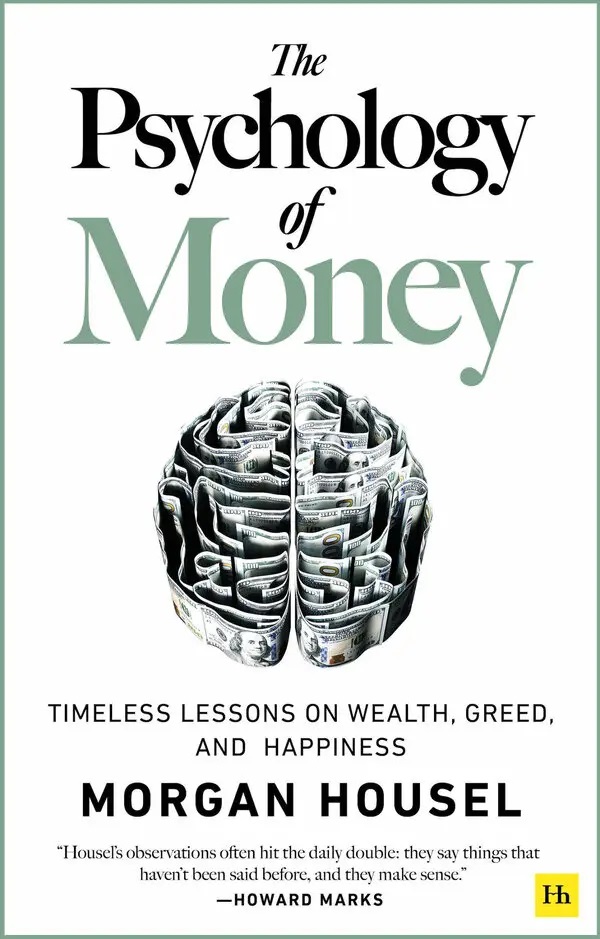“The Power of Money: Understanding the Psychology Behind Our Financial Decisions”
Money is an important part of our lives. We work hard to earn it, save it, and spend it. But have you ever stopped to think about the psychology of money? Why do we make certain financial decisions and what influences our behavior when it comes to money? In this blog post, we will explore the ideas presented by Morgan Housel in his book “The Psychology of Money” and delve into the psychological aspects of money.
- Money is about freedom
According to Housel, money is not just about buying things, it’s about having control over our lives. Money gives us the freedom to do what we want, when we want. We all have different priorities and goals, but money allows us to pursue them. It provides us with the means to make choices that shape our lives.
- The power of compounding
Housel emphasizes the importance of starting to save and invest as early as possible. The power of compounding means that even small amounts saved and invested over time can grow into significant wealth. He notes that the most successful investors are not those who take big risks, but those who consistently save and invest over long periods of time.
- Emotions and biases
Our emotions and biases can have a significant impact on our financial decisions. Fear, greed, and overconfidence can lead us to make poor choices. We may be more prone to taking risks when we are feeling confident, and more likely to avoid risk when we are fearful. Housel suggests that being aware of our biases and emotions can help us make more rational financial decisions.
- The importance of goals
Setting financial goals is essential for creating a plan to achieve them. Housel notes that goals should be specific, measurable, and realistic. Without goals, we may not know what we are working towards or have a clear understanding of how to get there.
- The value of simplicity
Housel argues that simple financial strategies are often the most effective. He suggests that rather than trying to predict the market or pick individual stocks, it’s better to focus on low-cost index funds and a diversified portfolio. He notes that keeping things simple can help us avoid costly mistakes and stay on track towards our financial goals.
- The impact of luck
Luck plays a role in our financial success, both good and bad. Housel suggests that recognizing the role of luck can help us avoid becoming overconfident or blaming ourselves for financial setbacks. He notes that luck can be a double-edged sword and that we should focus on things we can control, like our spending and saving habits.
In conclusion, the psychology of money is a complex and multifaceted topic. Understanding our motivations, biases, and emotions can help us make better financial decisions and achieve our goals. Morgan Housel’s book “The Psychology of Money” offers valuable insights and strategies for navigating the world of personal finance. By focusing on simplicity, setting goals, and being aware of our emotions and biases, we can take control of our financial lives and build a secure future.


